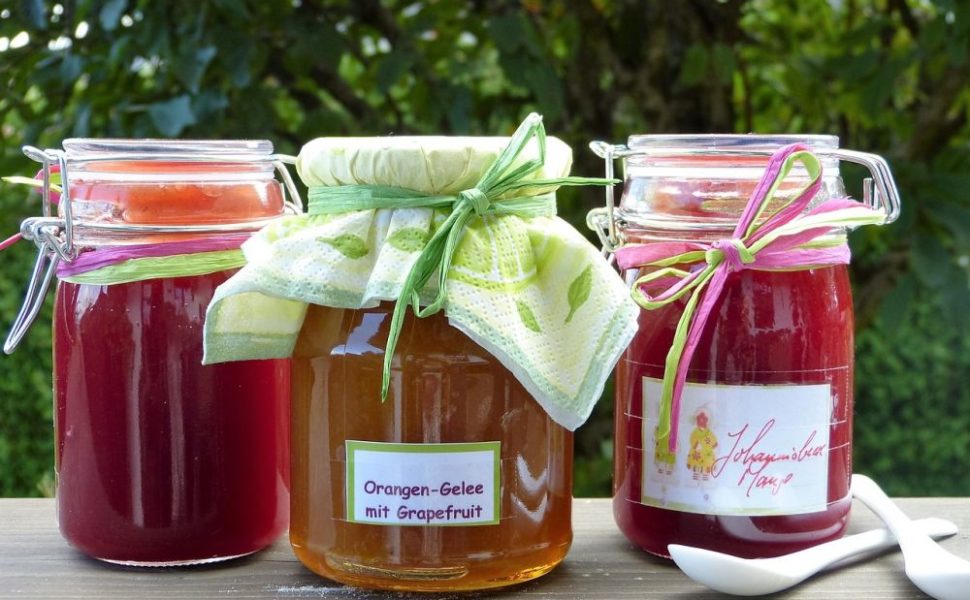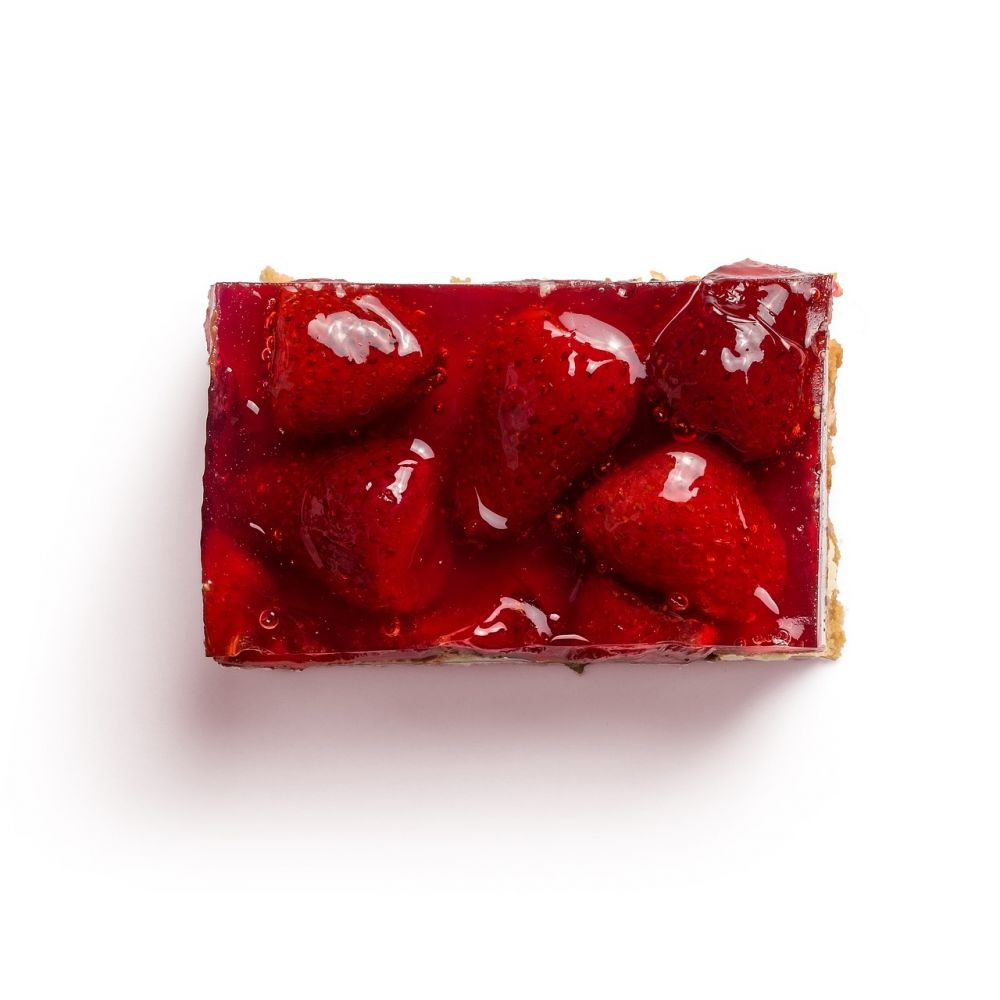Vegan Dessert: A Comprehensive Guide to Delicious and Healthy Plant-Based Treats

Introduction:
In recent years, the popularity of veganism has skyrocketed, and with it, the demand for vegan desserts. These guilt-free treats not only cater to the growing population of vegans but also attract food enthusiasts seeking healthier alternatives. In this article, we will delve into the world of vegan desserts, exploring their various types, popularity, quantitative measurements, differences between variations, and a historical overview of their advantages and disadvantages.
What is Vegan Dessert?

Vegan desserts are sweet treats that exclude any animal-derived ingredients such as dairy, eggs, gelatin, and honey. They are made solely from plant-based ingredients, offering a cruelty-free and environment-friendly alternative. While traditional desserts heavily rely on animal products, vegan desserts utilize innovative ingredient substitutions to achieve the same delectable tastes and textures.
Types and Popularity
Vegan desserts encompass a wide variety of options, ranging from cakes and cookies to ice creams and puddings. Here are some popular types:
1. Vegan Chocolate Cake:
A rich, moist, and chocolatey delight made without eggs or dairy. It often incorporates plant-based milk and oils, resulting in a decadent dessert loved by both vegans and non-vegans.
2. Vegan Ice Cream:
Made from coconut milk, nut milk, or soy milk instead of dairy, vegan ice creams have gained immense popularity for their creamy textures and diverse flavors. From classics like chocolate and vanilla to innovative creations like matcha and salted caramel, vegan ice creams satisfy all taste preferences.
3. Vegan Brownies:
These fudgy, chewy, and chocolate-loaded delights capture the essence of traditional brownies without using eggs or butter. They are typically made with ingredients like applesauce or flaxseeds, providing an incredible texture and taste.
4. Vegan Cheesecake:
Using a blend of soaked cashews or dairy-free cream cheese, vegan cheesecakes mimic the creamy and tangy qualities of traditional cheesecakes. They often feature crusts made from nuts or dates, adding a delightful crunch.
Quantitative Measurements
Vegan desserts not only tantalize taste buds but also boast several nutritional advantages. Here are some key quantitative measurements related to vegan desserts:
1. Lower Cholesterol Levels:
Eliminating cholesterol-containing animal products, such as eggs and dairy, from desserts significantly reduces cholesterol intake. This can lead to improved cardiovascular health and lowered risk of heart diseases.
2. Higher Fiber Content:
Vegan desserts often incorporate ingredients like oats, whole wheat flour, and fruits, making them rich in dietary fiber. Consumption of fiber aids digestion, regulates blood sugar levels, and promotes a feeling of satiety.
3. Reduced Saturated Fat:
By avoiding animal fats, vegan desserts contain significantly lower levels of saturated fat. This is beneficial for maintaining healthy cholesterol levels and reducing the risk of obesity and chronic diseases.
Differences between Vegan Dessert Variations
Variations in vegan desserts are primarily attributed to the type of ingredients used for substitutions. While some recipes rely on nut-based milks and butters, others may utilize soy-based products or even unconventional ingredients like avocados or aquafaba (the liquid from canned chickpeas). These variations lend distinct flavors, textures, and nutritional profiles to vegan desserts, ensuring a savory experience for every palate.
A Historical Overview of the Advantages and Disadvantages
Vegan desserts have come a long way in terms of taste and acceptance. Initially, the lack of traditional ingredients posed challenges in texture and flavor replication. However, the advent of innovation and experimentation in vegan baking has led to the discovery of countless mouthwatering options.
Advantages:
1. Ethical and Cruelty-Free: Vegan desserts align with ethical principles by avoiding any exploitation or harm to animals, making them an ethical choice for individuals who value animal rights.
2. Healthier Alternative: Vegan desserts often use healthier ingredient substitutions, reducing the intake of unhealthy fats, cholesterol, and additives. This makes them a guilt-free choice for health-conscious individuals.
Disadvantages:
1. Availability and Accessibility: Vegan desserts may not be as widely available as their non-vegan counterparts, especially in certain regions or establishments. However, the demand for vegan options is steadily increasing, leading to greater accessibility in many places.
2. Taste Variations: Due to the absence of certain animal-derived ingredients, the taste and texture of vegan desserts may differ from their traditional counterparts. However, with the continuous improvement and innovation in vegan baking techniques, the differences are becoming less noticeable.
In conclusion, vegan desserts offer a delectable and compassionate choice for individuals seeking healthier alternatives without compromising on taste. With an array of options to choose from and their unique nutritional advantages, these treats have gained popularity among both vegans and non-vegans alike. As the accessibility and creative potential of vegan desserts continue to expand, they are poised to revolutionize the world of sweet indulgences.
















































